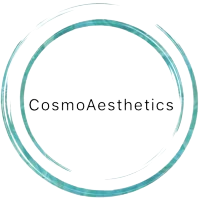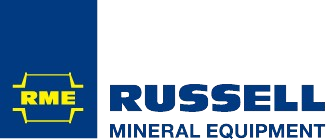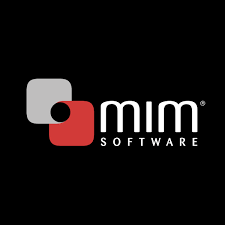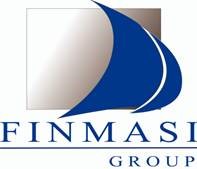
Our collection of resources based on what we have learned on the ground
Resources
Q&A
What factors would hamper the determination of being a beneficial owner in China...

- July 2014
- Free Access
In determining whether the non-resident company is indeed the beneficial owner of the royalties, the tax authorities will apply a “substance over form” principle and conduct analysis based on the actual circumstances of the case. In gener...
Q&A
When are service fees deemed to be royalty fees in China?

- July 2014
- Free Access
In accordance with Circular No. 507 [2009], if, in the course of the transfer or licensing of technical know-how, a licensor assigns personnel to support and guide the licensee in using the technical know-how and charges fees for these services, then...
Q&A
Can a company repatriate all their profits made in China?

- July 2014
- Free Access
Only profit that has undergone annual audit can be repatriated. Annual audit for tax compliance conducted by the local tax authority is usually completed around June or July every year. The audit allows the State Administration of Taxation (SAT) t...
Q&A
When is profit allowed to be repatriated in China?

- July 2014
- Free Access
Profit is allowed to be repatriated in China if an entity complies with all of the following points: The wholly foreign-owned enterprise’s (WFOE) registered capital has been injected within the time limits as set out in the Article of Associ...
Q&A
Why are double taxation avoidance agreements (DTAs) beneficial to companies repa...

- July 2014
- Free Access
Companies repatriating dividends need to be aware of whether or not there is a DTA in place between China and their home country, which can reduce the 10 percent withholding tax on dividends to 5-8 percent. This is not something that tax authorities ...
infographic
Business License Tax Rates for Economic Entities in Vietnam

- July 2014
- Free Access
A table showing the business license tax rates per year with regards to the registered capital of your entity in Vietnam.
webinar
Indirect Tax in China by Sabrina Zhang

- June 2014
- Free Access
Sabrina Zhang, China National Tax Partner at Dezan Shira & Associates China offices, discusses the implication of China's reformed indirect tax system for foreign operations.
Q&A
How should a foreign enterprise in China prepare corporate income tax (CIT) reco...

- May 2014
- Members Access
In China, CIT is paid on a monthly or quarterly basis in accordance with the figures shown in the accounting books of the company. Companies are required to file CIT returns within 15 days from the end of the month or quarter. However, due to discrep...
Q&A
Which types of enterprises are required to conduct record filing to the State Ta...

- May 2014
- Members Access
Individuals and institutions in China making outbound payments of more than US$ 50,000 are now required to conduct record filing with the in-charge local offices of the STB. Foreign investors reinvesting in China with an income of more than USD 50,00...
Q&A
What are the required documents representative offices (ROs) need to provide to ...

- May 2014
- Free Access
ROs are required to complete an AIC annual inspection between March 1 and June 30. Generally the following documents should be provided: Annual inspection report (the template will be distributed by AIC around March) Business registration certifi...
Q&A
What are the penalties if a representative office (RO) fails to provide its repo...

- May 2014
- Members Access
Penalties of RMB 10,000 to RMB 30,000 are applicable if the RO fails to provide its report to the AIC on time, and a RMB 20,000 to RMB 200,000 penalty applies if the report includes false information. Failure to comply may also lead to revocation of ...
Q&A
Do representative offices (ROs) need to complete a tax reconciliation report of ...

- May 2014
- Free Access
ROs are obliged to complete a tax reconciliation report of CIT as part of their annual compliance. The report should be submitted to its local tax bureau by May 31. Usually an audit report is not required for ROs paying CIT based on a deemed profit s...
Enquire for more information about our services, and how we can help solve challenges for your organization
Contact UsOur Clients
Discover our esteemed global clients across diverse sectors. We believe in providing our clients with exceptional service and a commitment to being their partner for growth in Asia.
See what our clients say about us



























